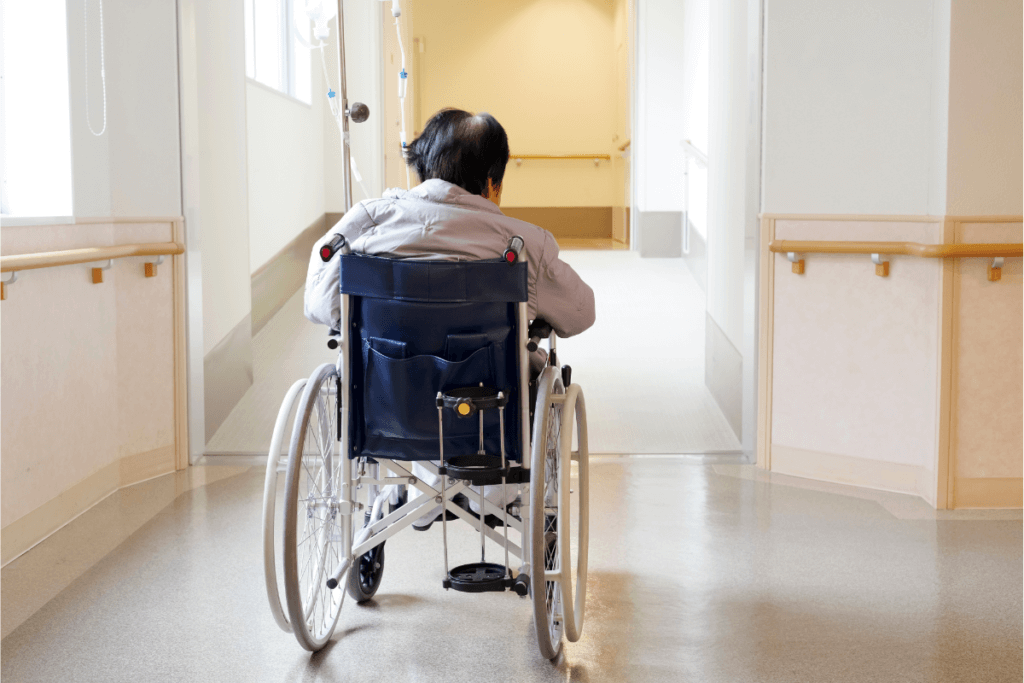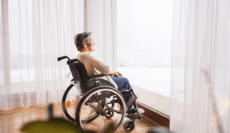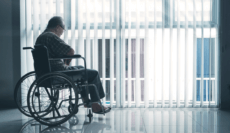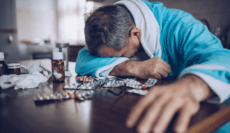Nursing home abuse
Nursing Homes and Residential Care Facilities Fail to Protect Our Most Vulnerable

When medical malpractice or abuse occurs, it normally happens because the abuser has some form of power over the abused, such as being an authority figure like a doctor or medical staff member. Unfortunately, abuse has become all too common in nursing homes and residential care facilities across the country. There are many types of abuse that affect residents of these care centers, including physical, sexual, and mental abuse. If elder abuse occurs, the doctors, staff members, and facility owners and operators who are tasked to care for these residents can be held liable for the resulting damages.
Recent Nursing Home and Residential Care Facility Abuse Cases
Nearly a decade ago, a woman suffered from a near-drowning incident that ultimately left her in a long-standing vegetative state. Her day-to-day life was lived in mainly one room at a Phoenix Hacienda HealthCare facility where she received round-the-clock care. These routine days took a turn for the worse, however, when she went into labor just a few days after Christmas, leaving her caretakers baffled. Naturally, the birth was preceded by the sexual assault of the woman in the vegetative state, which has cast a harsh light upon the conditions in the facility, a nonprofit organization that bills itself as a leading provider of health care for the medically fragile.
A Pennsylvania residential care facility failed to protect a teenage autistic boy from being sexually assaulted by another resident. The facility houses 400 children and adults with intellectual and developmental disabilities. Sadly, it wasn’t the facility that caught the crime: the incident was captured on a surveillance camera purchased by the victim’s parents.
The examples do not stop there. Elder abuse comes in many forms, sadly including sexual abuse, and often takes place at nursing homes. Most families believe their loved ones are safe in a nursing home, which is why a recent story out of Pennsylvania feels so jarring. A Pennsylvania nurse stands accused of taking naked photos of at least 17 of her nursing home patients. Ashley Ann Smith, 30, a practical skills nurse at Kane McKeesport Community Living Center, is charged with 30 crimes in connection with taking photographs of nursing home residents. Smith allegedly sent the photos to a former coworker who is the father of her child. That man, Ron Whittaker, reported her to the hospital which immediately alerted police.
Why Are the Most Vulnerable Targeted for Abuse?
At first glance, residential care facilities and nursing homes seem like safe havens for families looking for help caring for their intellectually and developmentally disabled children or elderly family members. But often there is no supervision of staff-patient or even patient-patient interactions. While putting your loved one in the care of others is a heart-wrenching decision, it is the right choice for many caregivers and family members. And as such, these families must be able to trust the facilities and their staff to care for their loved ones and keep them safe.
Minors and adults with intellectual and developmental disabilities who enter residential care facilities need help with tasks of daily living and are thus in an extremely vulnerable position. Unfortunately, the people hired to protect and help them sometimes take advantage of their vulnerability and physically or sexually abuse them. While the predators committing these crimes against vulnerable patients deserve serious jail time, the facilities that fail to properly vet and monitor staff should be held accountable as well. In addition, even if criminal penalties are levied, no financial compensation is provided to the victims unless a civil lawsuit is filed.
Sexual abuse is, sadly, a common form of abuse for children and adults in residential care settings. Since many victims are nonverbal or otherwise not able to communicate about their victimization, you should call a lawyer if you suspect a loved one has been sexually abused. If your loved one is suffering sexual abuse in a private residential care facility, he or she may seem unusually agitated, fearful, apathetic, or depressed.
Elderly residents living in nursing homes are also often the victims of sexual abuse, however, sexual abuse of the elderly is poorly understood and under-researched. The elderly victims of sexual abuse often have medical problems leading to communication difficulties, confusion, or memory loss — all of which interfere with the ability to report abuse. There are some signs, though, that family members can look out for.
Signs of Sexual Abuse against the Elderly
The signs and indicators of sexual abuse against the elderly can be behavioral and/or physical, and may include:
- Pelvic injury
- Problems walking or sitting
- Sexually transmitted diseases
- Bruises, irritation, pain, and/or bleeding of the genitals, anus, or inner thighs
- Panic attacks
- Post-traumatic stress disorder (PTSD)
- Agitation
- Withdrawal from others
Pennsylvania Nursing Home and Residential Care Facility Malpractice Lawyers
Vulnerable residents of nursing homes and residential care centers deserve to live in facilities that are focused on protecting patients from predators. If that isn’t the case, our experienced nursing home and residential care facility abuse attorneys are ready to help and support victims and their loved ones who want to confront the responsible parties and hold them accountable. Not only will we fight for compensation, but we will also push for institutional change to prevent further abuse from happening. Contact us today.








